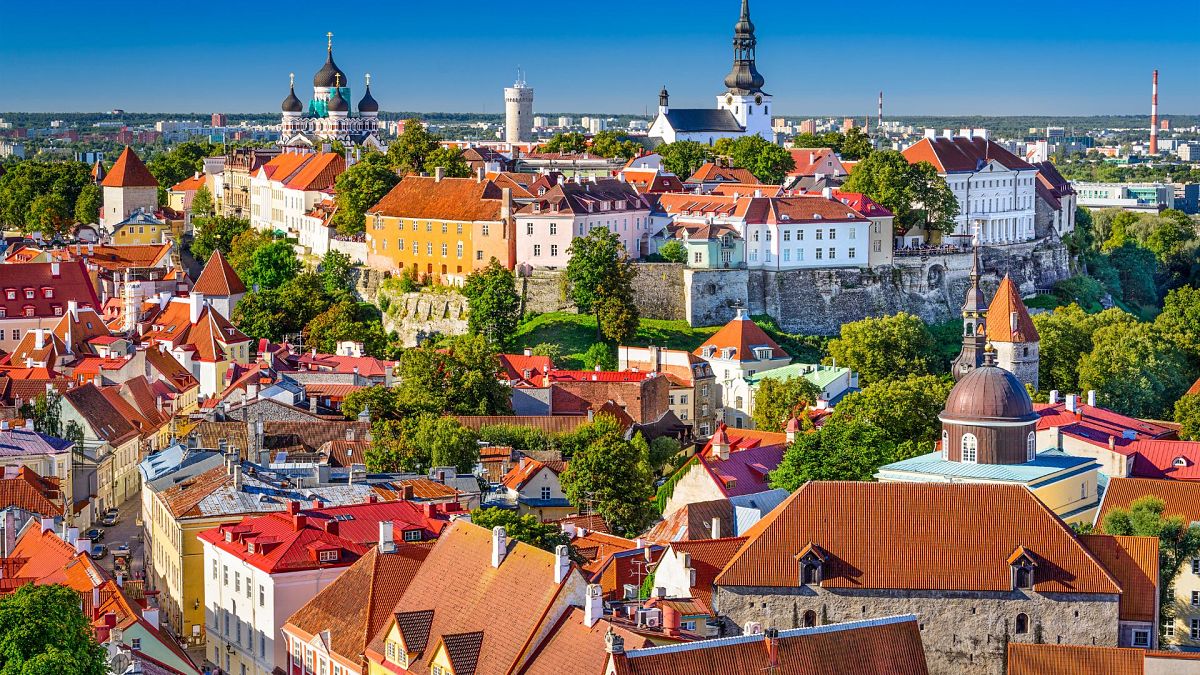Global Travel Industry Unites for Survival, EIC and JMIC Launch Groundbreaking Global Alliance to Defend Business Events, Drive Sustainability, and Shape Tourism's Future - Travel And Tour World
Sunday, May 25, 2025

The global travel industry is at a tipping point. Shaken by uncertainty, pressured by shifting policies, and racing against time to prove its value, the industry is fighting for survival. Now, in a bold and thrilling move, the global travel industry has come together like never before. The EIC and JMIC, two powerhouses of the business events world, have launched a groundbreaking global alliance. This isn’t just a handshake—it’s a mission to defend business events, drive sustainability, and shape tourism’s future.
And the stakes? They couldn’t be higher.
Across continents, the heartbeat of pulses through hotels, airlines, airports, and convention centers. But that rhythm has been disrupted. The pressure to evolve, to unify, to act—has reached a boiling point. That’s where the step in, wielding influence, data, and global reach.
Together, they aim to where words have often failed. To when they are most at risk. And to with urgency and bold vision.
This is more than a headline. It’s a lifeline. A rally cry. A last chance for the to rewrite its destiny.
But how exactly will this alliance work? What secrets are being unlocked behind boardroom doors? How will this union of the impact destinations, airlines, and travelers worldwide?
Keep reading. The answers will surprise you. And the future may just depend on it.
In a powerful move that signals a dramatic shift in the global business travel and events landscape, two of the industry’s top organizations—the Events Industry Council (EIC) and the Joint Meetings Industry Council (JMIC)—have joined forces to build resilience, unify advocacy, and fast-track sustainability across the tourism and travel sector. The collaboration is set to reshape how the global business events ecosystem operates, especially as it navigates ongoing disruptions and heightened uncertainty.
The travel and tourism industry, already battered by post-pandemic policy shifts, inflation, and rising geopolitical tension, is now witnessing another tectonic change. This time, it’s not a crisis but a solution. The EIC-JMIC partnership is designed to bring the global voice of business events to the forefront and give it the influence it needs to drive change, stabilize economies, and fuel recovery.
This collaboration couldn’t come at a more critical time. Business events—spanning conventions, conferences, exhibitions, and incentive travel—remain key economic engines. However, they often operate in the shadows of broader tourism discussions. With new waves of travel restrictions, ESG regulations, and shifting economic priorities, this alliance aims to bring them into the spotlight.
At its core, the partnership will focus on three high-stakes pillars: Global Advocacy, Research, and Sustainability. Each of these areas responds directly to the most pressing pain points in the current travel landscape. With governments recalibrating their tourism policies and business travelers rethinking their ROI in face-to-face meetings, having a centralized strategy and voice is no longer optional—it’s a necessity.
Global advocacy under this alliance will tackle everything from visa complexities and air travel constraints to regulatory hurdles around carbon emissions. These are more than just operational inconveniences; they represent existential risks to international business travel. By pooling resources and influence, the Councils aim to steer global policy discussions in favor of smarter, more agile travel frameworks.
The joint effort also brings a sharper lens to the next edition of the global Economic Significance of Business Events Study, which is scheduled for 2026. This data-driven report, backed by Oxford Economics, will serve as a benchmark tool—arming tourism ministries, airlines, hotels, and destination marketing organizations with the intelligence they need to lobby for funding, design policies, and navigate future shocks.
Environmental and social responsibility has quickly evolved from a buzzword into a business imperative. The business events sector has long been criticized for its carbon-heavy operations. Now, that is changing. This partnership enables a harmonized use of two of the most impactful sustainability platforms: the EIC Sustainable Event Standards and the Net Zero Carbon Events initiative spearheaded by JMIC.
The focus isn’t just on reducing environmental impact. It’s on embedding ESG principles across the entire travel value chain—from how delegates fly to where they stay and what vendors they choose. The move marks a seismic shift in how events are designed, delivered, and measured.
More importantly, it signals to the global tourism sector that ESG alignment isn’t a side project—it’s central to future-proofing the industry.
The ripple effect of this partnership will extend beyond convention centers and trade shows. Business travel patterns are already evolving. Bleisure travel is surging. Remote work is blurring the lines between business and leisure. Travel managers are under pressure to justify costs, while airlines and hotels are rethinking their offerings for corporate clients.
This makes robust data, advocacy, and sustainable benchmarks even more essential. The EIC-JMIC collaboration provides exactly that—empowering destination marketing bodies, travel providers, and venue operators with insights to make smarter decisions and stronger cases to policymakers.
This partnership is not just about collaboration—it’s about transformation. It offers a roadmap for how the business events industry can rise above fragmentation, speak with one voice, and embrace the complexity of a post-pandemic world with confidence.
Moreover, it creates opportunities for tourism boards to align their agendas with global standards, rather than chasing isolated goals. As this initiative gains traction, expect ripple effects across airline routes, hotel infrastructure, destination policies, and even traveler behavior.
This is more than a memorandum of understanding. It’s a strategic realignment of the global travel and business events economy. And it sets a precedent for what future partnerships in tourism should look like—integrated, data-driven, and impact-focused.
The urgency is real. The pressure is mounting. But through unity, the industry may have found its most powerful asset yet.












